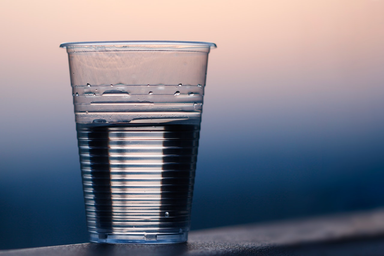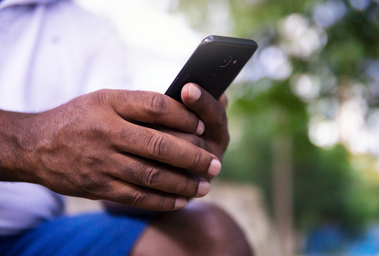Staying Hydrated: The Conversation on Water

Today is World Water Day, and although 71%of the earth is covered by water, there are still communities suffering from water disparities. About 60%of water makes up total body mass, so access to clean water and constant hydration is essential to our health.
For many marginalized communities of color in America at or below the poverty line, clean water is not accessible. When we look at the water crisis in Flint, Michigan,we see the long-term impact and damage that contaminated water can do to the physical body. The emotional and mental toll this has on a community also can lead to reduced health and wellbeing.
For many, it is not as simple as a doctor’s recommendation of “drink more water” but an understanding of lack of access and trust within the system. Being empowered to ask questions during appointments to see the levels of cultural competency within your healthcare provider is essential. They can also evaluate your body, lifestyle, and activities to recommend an intake that works.
Past research showed that eight glasses of water (8 oz) daily. However, water intake is based on a person’s age, occupation, physical activity, and environment.
One research study found that about 75% of Americans are chronically dehydrated. With significant dehydration coming from American youth, Black youth are more likely to suffer from dehydration. Dehydration is a concern for everyone, but certain groups such as those below are more at risk:
- Infants
- Elderly
- Athletes (those doing continuous physical activity)
Understanding the signs of dehydration can be vital to know that your body is not receiving adequate water. Some signs of dehydration are:
- Increased thirst
- Decreased urination (darker urination)
- Dry or flushed skin
- Headache
- Muscle cramps
- Fever
Drinking water prevents dehydration, a condition that can cause:
- Unclear thinking,
- Mood change
- Hot flashes
- Constipation
- Kidney stones.
There are also certain situations where more water is needed for your body. For example, experiencing hot climates, physical activity, fever, or vomiting are times when you need more water. Throughout our day, we can find moments to be “water-wise” and make an intentional effort to drink water as we form our healthy water drinking habits.
Here are some tips to be more water-wise and get involved in:
- Check out US Water Alliance and connect with your state and community water advocacy organizations.
- Drink an 8oz glass of water when you wake up.
- When you are out at restaurants, try ordering water with your meal.
- Order a refillable water jug! Many have ounces listed so you can track your intake.
- Set a friendly reminder to drink water on your phone.
- Talk to your doctor about your daily lifestyle and hydration needs.
- Ask your doctor honest questions about community access to water.
Access to clean water and safe water is a human right! Being hydrated is essential to everyday functioning, yet so many have to advocate for clean drinking water.
During the summer of 2022 HUED will be launching its E-learning pilot course centering on cultural competency. Programs such as this will equip care seekers and providers with the information needed to understand how these health detriments impact us individually and as a community.
Site content is provided for informational purposes only and is not intended to be a substitute for professional medical advice, diagnosis, or treatment.


